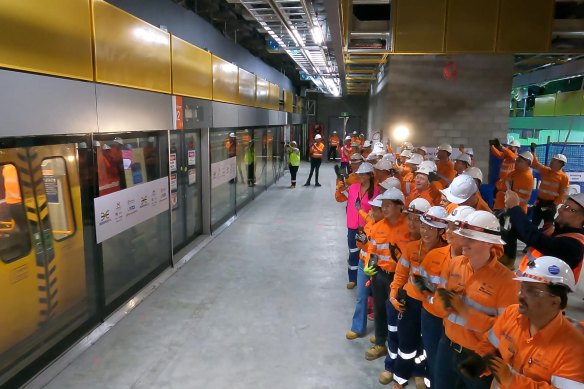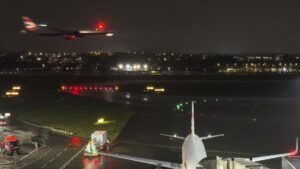
The timeline for the Cross River Rail project in Brisbane has been pushed back further, with the Queensland government announcing a new completion date of 2029. This decision comes after the Crisafulli government suggested that the project would require an additional three years to finish, extending the overall delay to five years from the original target.
Initially set to open in 2024, the project’s completion had already been postponed to 2026 under the previous Labor administration. In a recent response to an Opposition Question on Notice, Queensland Transport Minister Brent Mickelberg defended the revised schedule, stating that the original timeline was unrealistic due to the extensive testing and certification processes involved.
“The 2024 completion date originally indicated by the former government was never achievable given the process involved in testing, commissioning, and certifying,” Mickelberg explained. He noted that once construction is completed, the tunnel must receive independent certification from the National Rail Safety Regulator, which he indicated could take a minimum of two years.
A spokesperson for the National Rail Safety Regulator clarified that their role focuses on ensuring that Queensland Rail, the project manager, adequately identifies safety risks and implements appropriate management systems. “Every project has its own characteristics, so timeframes vary and are managed by the respective project managers,” the spokesperson stated.
Interestingly, advice from Queensland Rail last year suggested a testing and delivery timeframe of “up to one year,” which would have kept the project on track for a 2026 opening. This raises questions about the factors influencing the recent timeline adjustments, aside from the change in government.
As the project continues to face scrutiny, stakeholders will be looking for clarity on how the new timeline will affect the overall development of Brisbane’s rail infrastructure. The delays not only impact logistical planning but also have broader implications for local commuters and the regional economy.







